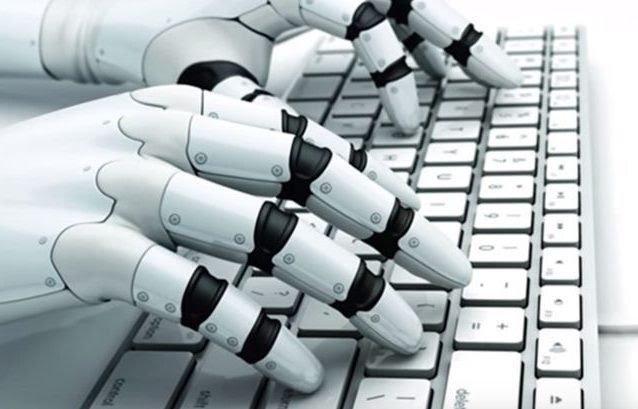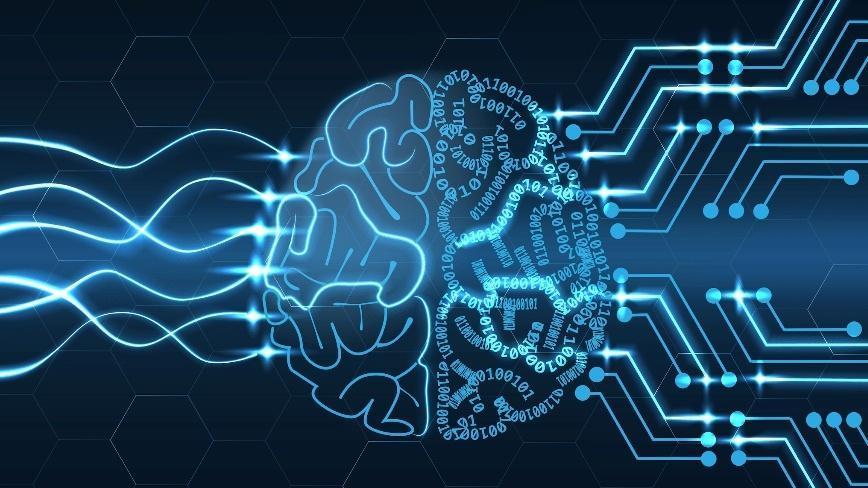
For many of us, artificial intelligence (AI) remains something about which our knowledge is limited.
We know we have encountered it, and we know it is bound to play a central role in our collective future, but it remains something of a mystery– even in spite of the fact that many of us have existed for the majority of modern AI’s existence.
Of course, the history of AI is long and complex, but it is also fascinating to see quite how fervently engineers, scientists, mathematicians and, on the other end of the scale, philosophers and artists have utilised this abstract concept, and made it a reality with which we can interact.
Artificial intelligence is, at heart, an abstract concept – right until the moment at which it is implanted within a machine, or utilised in a real world setting. For those of us whose interactions with AI and machine learning are relatively limited – restricted to the obvious examples of, say, smart home assistants and the more elusive examples like intuitive algorithms – it can still be difficult to imagine quite how far-reaching the potential of AI is, and quite how much of a difference it has already made to the world.
If you are looking to expand your knowledge, keep reading to find out about three ways in which AI has already risen to high acclaim.
1. Super intelligence: demonstrating empathy and strong problem-solving skills

Artificial intelligence is not only good at problem solving but it is also demonstrating empathy. AI has developed spontaneous emotions of its own accord. The company Cogito, founded by Joshua Fest and Dr Sandy Pentland, melds together machine learning with behavioural adaptation, supported by the latest breakthroughs in behavioural science.
The result is jarring to those who are used to AI being a benign force ready to work off dry data, but incredibly beneficial in the high volume customer service arena – and highly promising when we look to the future of artificial intelligence, and how it can continue to improve human life.
2. Expert engineering: assisting companies and journalists with advanced data analytics

While the long list of applications for AI is incredibly varied, stretching across innumerable specialised fields at once, its myriad guises are united by the fact that it is, at its core, to be deployed as an assistant. In this way, AI can take charge of menial or time-consuming tasks, while enabling human employees to focus on other things.
There are examples of this the world over, from factory work to, as the title suggests, the journalists’ floor. There, it can sort through near-interminable reports and data for salient points – as in the case of Bloomberg, whose cyborg tech can condense complex financial reports into significant data.
3. Making our lives safer: preventing hacking and cyber attacks

Cybersecurity has been an issue for individuals and companies alike since the dawn of the internet, and not once since its inception have we felt able to rest on our laurels, and feel entirely safe from those who hold malicious intent.
In more than twenty years, the landscape of cyber threats has changed beyond recognition, and continues to exist in a state of flux as cyber criminals hone their approach to targeting our private systems. Tracing every potential attack made against sensitive data stores and private networks is not something any team of humans can do – and, if they tried, there would inevitably be those few cases that slip through the net.
AI is, by definition, exempt from human error. It can effectively ‘stand guard’ over these systems and networks 24/7, and spot patterns or signs that a threat is approaching – long before human monitoring could hope to manage.